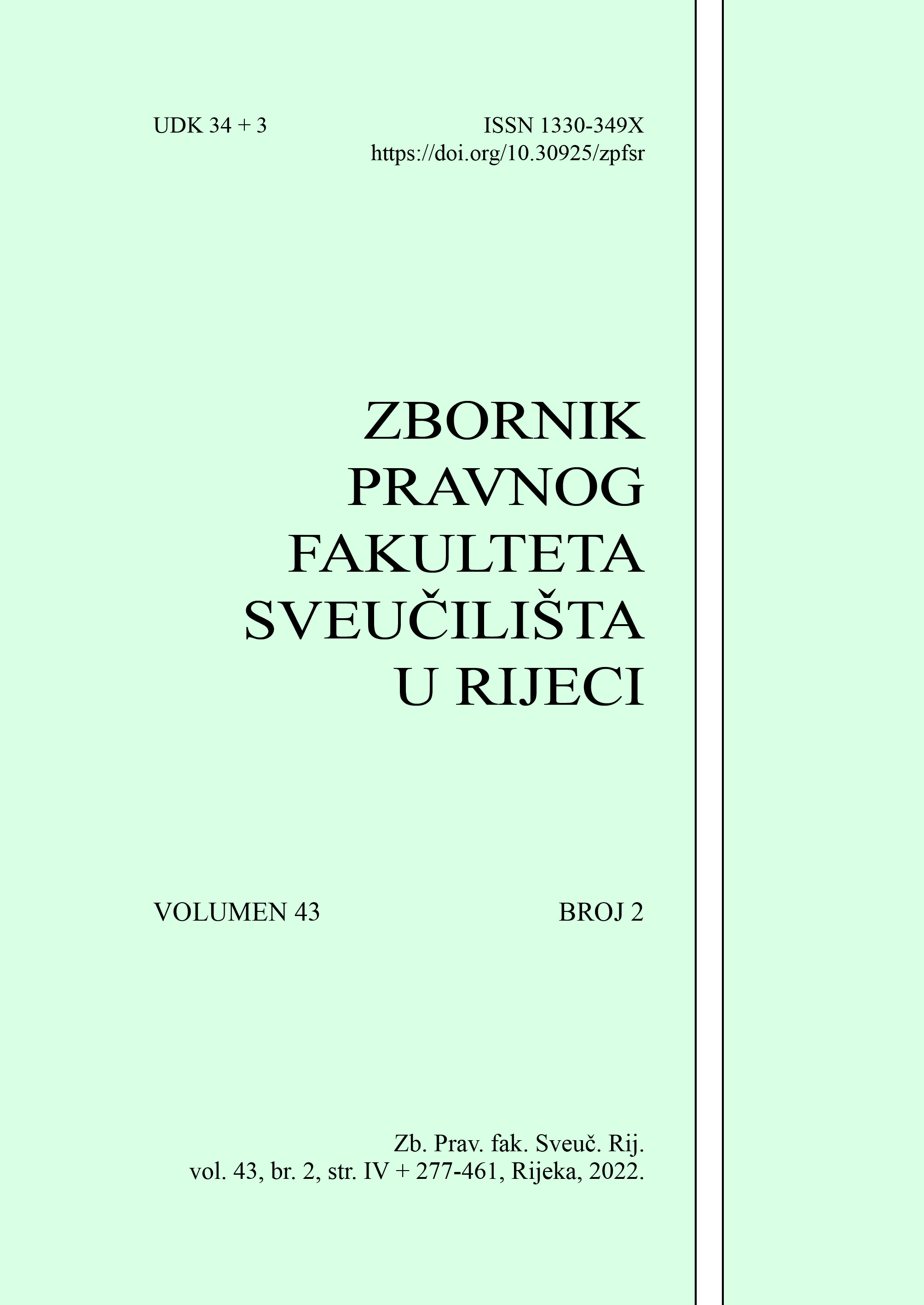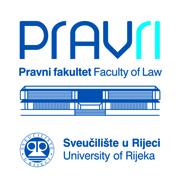VIOLENCE AGAINST CHILDREN IN FAMILY SETTINGS DURING COVID-19 OUTBREAK IN CROATIA:
LESSONS LEARNED FROM THE (IN)VISIBLE PANDEMIC
DOI:
https://doi.org/10.30925/zpfsr.43.2.2Keywords:
violence, children, COVID-19, phenomenological oscillations, etiological causes, empirical researchAbstract
In recent time, humanity has experienced devastating effects of the COVID-19 crisis that have caused sharp ruptures in different spheres of social life. Detrimental effects of the almost unprecedented crisis have triggered an avalanche of research to explore the phenomenon in focus while supporting the idea about doing scientific investigation that matters. No matter the rapid influx of scholarly articles, recent literature has shown that there is still a remarkable lack of scholarly attention on disasters and their impact on children. While trying to contribute to and address the noted research gape, to the best of author’s knowledge, this is the first study that explores pathways to violence against children in the time of COVID-19 pandemic in Croatia focusing on the national lockdown. The sample consisted of 63 randomly selected police files involving 65 suspects of criminal offences with elements of violence against 108 closely related children at the five police departments cantered in Pula, Rijeka, Zagreb, Split and Osijek. In order to “capture” violence that emerged during the lockdown and was reported after restrictive measures were lifted, a seven-month time frame (March-September, 2020) was implemented as an additional sampling parameter. The study has revealed that most children repeatedly experience multiple forms of violence within the family that are damaging to their health and wellbeing. Infringement of child's rights was the most prevalent principal offence allegedly committed to the detriment of both boys and girls who were mostly primary-schoolers. Similarly, consistent with previous findings, the study demonstrated that in most cases alleged abusers are first-time suspected fathers in their 30s with highs school education and average financial assets. This calls for future research and implementation of effective preventive measures to improve family resilience in the face of disasters yet to come.
Additional Files
Published
Versions
- 2023-12-20 (2)
- 2022-06-30 (1)
How to Cite
Issue
Section
License
Copyright (c) 2022 Dalida Rittossa

This work is licensed under a Creative Commons Attribution-NonCommercial 4.0 International License.
Collected Papers is an open access journal. Journal does not charge article processing charges (APC) to authors. It is licensed under CC BY-NC licence 4.0.
Collected Papers of the Law Faculty of the University of Rijeka" is an Open Access journal. Users are allowed to read, download, copy, redistribute, print, search and link to material, and alter, transform, or build upon the material, or use them for any other lawful purpose as long as they attribute the source in an appropriate manner according to the CC BY licence.
The papers published in "Collected Papers of the Law Faculty of the University of Rijeka" can be deposited and self-archived in the institutional and thematic repositories providing the link to the journal's web pages and HRČAK.
Upon acceptance of the manuscript for publication by this journal, the author can publish same manuscript in other journals only with the permission of the Editorial Board (secondary publication). A repeated publication should contain a notice as to where the manuscript was originally published.



